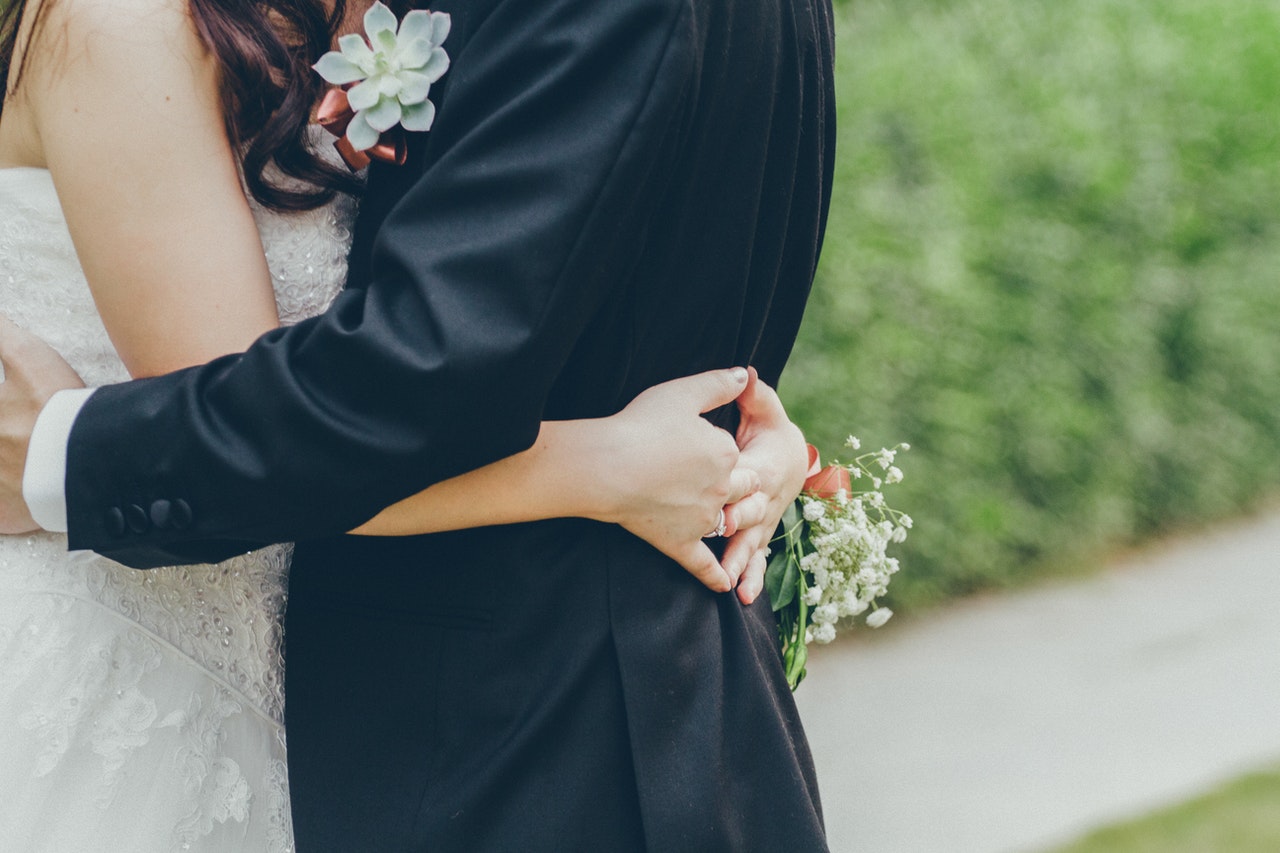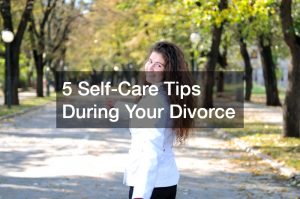Earlier this year, thousands of engaged couples were left in dismay as they either had to reschedule or cancel their wedding plans altogether. The wedding industry, valued at $74 billion, was among the worst-hit sector by the pandemic. There were about 450,000 weddings originally scheduled for the spring of 2020.
As more states and local governments have gradually eased their lockdown restrictions, we can expect more weddings pushing through the rest of the year. Nonetheless, we know that weddings will be quite different from those we know in the pre-COVID era.
A COVID-19 Wedding Is Risky
As we all know, coronavirus disease is easily spread by having close contact with an infected person. The virus is transmitted from one person to another through droplets from sneezes or coughs. A person also becomes infected upon touching surfaces that have been contaminated with droplets.
Weddings, among other event gatherings, are particularly conducive for virus transmission. A large number of people are gathered closely together, assembled for extended hours. Chances are, they would be sharing food, drinks, and utensils. And if it is held in an enclosed area, the virus is likely to stay in the air longer.
However, just because we are currently in a pandemic doesn’t mean you cannot have a wedding and celebrate it with style. All over the country, event planners, officials, and state and local authorities have come together to help couples celebrate this memorial day while practicing safety guidelines.

Safety and Health Considerations During COVID-19 Wedding
Apart from securing necessary permits and hiring qualified professionals to help you on your wedding day, consider the following safety and health measures to observe to ensure a COVID-free wedding.
Consider a Small Crowd
It is generally up to couples how many guests they wanted to invite on their big day. But since there is COVID-19, why not consider having a micro wedding? Micro weddings typically compose less than 50 people on the guest list. The lesser the guest, the lesser the likelihood of the virus transmission.
For those guests who did not make it on the list or opt not to be present during the big day, you may offer live coverage of your wedding through any social media channels or via Zoom and Skype. Give out wedding favors as well to those who were not able to attend the ceremony or reception.
Opt for an Outside Venue
Open-air and natural ventilation are better for COVID-19 wedding venues. There are lots of spaces, and the likelihood of transmission is lessened. However, if an outdoor venue is not possible, particularly during this winter months, consider hiring event center contractors that offer well-ventilated structures.
Keep the Event Short
The risk of coronavirus spread is linked to the duration of one’s exposure to an infected person. The longer you are in contact with someone who has the virus, the more likely you will be infected. And the shorter time spent near the person, the lower your chances of getting infected.
While traditional wedding ceremonial practices are lovely, they are discouraged during these times. Instead of long receptions that would last until late in the evening, consider having a short service followed by a maximum of two-hour celebration.
Practice Social Distancing
Even during this intimate event, you and your guests should observe social distancing protocols.
For sit-down meals, consider leaving every second seat empty. A table that could occupy ten heads should only accommodate half. Indicate floor markings for appropriate distance to observe. Make your guest aware that they should avoid thronging around bars, exits, and toilets.
Inform Everybody of the Rule
Along with every invitation, include a shortlist of social distancing rules to observe during your wedding day.
If a guest is not feeling well, even if it is just mild, flu-like symptoms, he or she should not attend. Especially if you or your partner are unwell, canceling the wedding is a must. Everyone’s safety and health should always be a priority.
Avoid Strenuous Physical Activities
One of the most awaited wedding highlights is getting your moves on the dance floor. But considering everyone’s health, loud music and vigorous dancing should be avoided. Close contact with loud vocalization and aerobic activity would only serve as an open invitation for the virus to spread rapidly.
Opt-Out on Buffet
Wedding buffets are things of the past for now. Instead of the well-loved wedding meal service, opt to serve guests’ meals on individual platters. Rolls and salads should be served individually as well. Avoid sharing of utensils. Also, each guest should have a marked individual glass.
Apart from this, provide an ample supply of hand sanitizers, hand soaps, and alcohols for your wedding guests. You could even provide personalized face masks for a more intimate and COVID-free experience.



















